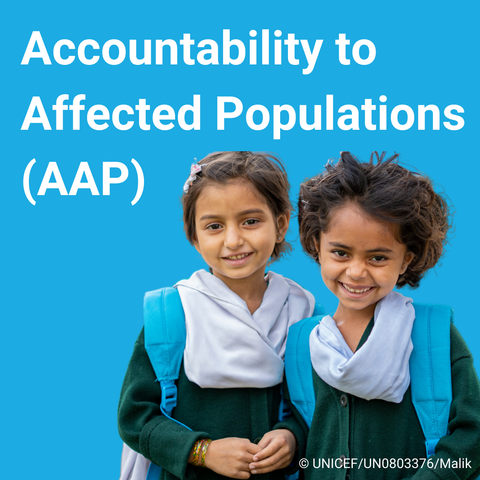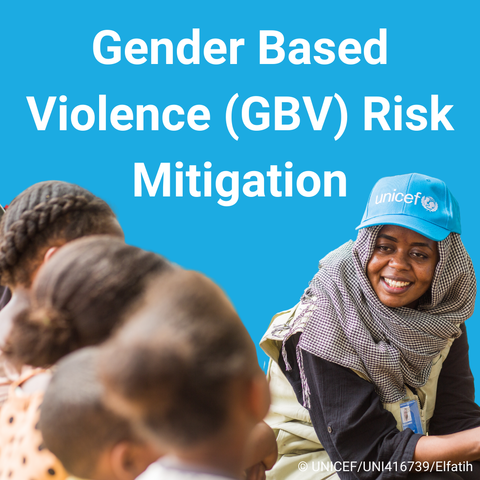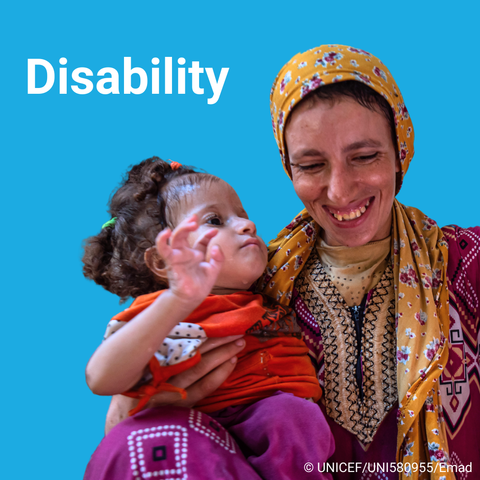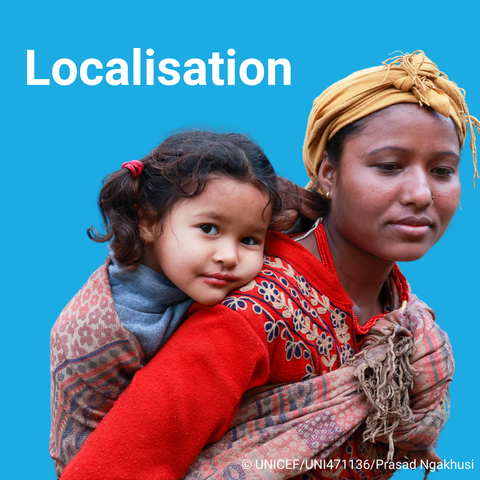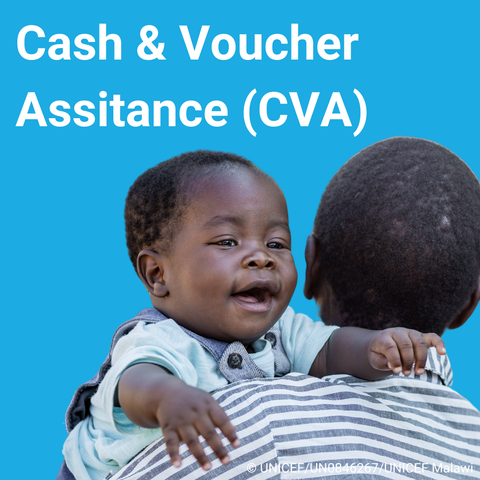Brief
UNICEF is committed to fostering initiatives that mainstream people-centered approaches and Grand Bargain commitments to deliver quality, equitable and inclusive humanitarian services. Clusters can play an important role in supporting its membership in ensuring that such issues are addressed in strategic and contingency planning to promote people-centred approach and action within each sector. These “people-centered approach initiatives" include Gender-based Violence risk mitigation, Disability, Localisation and Accountability to Affected Populations, and efforts to better consider Cash and Voucher Assistance.
